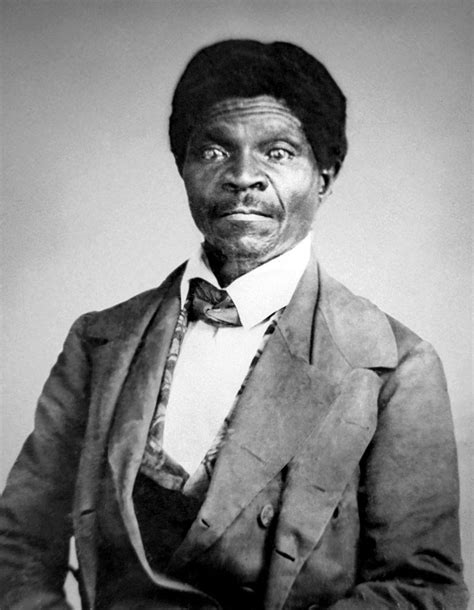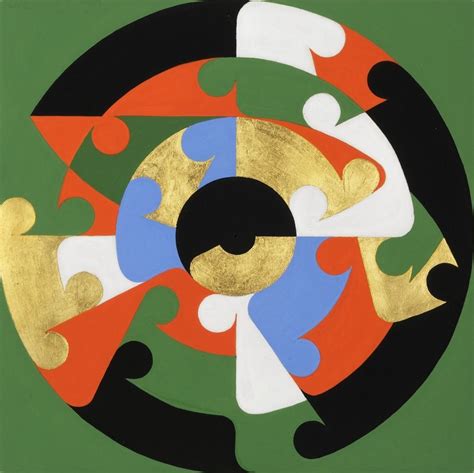A Quote by Friedrich Nietzsche
Madness is the exception in individuals but the rule in groups.
Quote Topics
Related Quotes
Hackman's paradox: Groups have natural advantages: they have more resources than individuals; greater diversity of resources; more flexibility in deploying the resources; many opportunities for collective learning; and, the potential for synergy. Yet studies show that their actual performance often is subpar relative to "nominal" groups (i.e. individuals given the same task but their results are pooled.) The two most common reasons: groups are assigned work that is better done by individuals or are structured in ways that cap their full potential.
I believed in looking at people as individuals, not in groups. I hated groups; still do. And I saw particularly the university, the university artists really acted as a group. The others didn't so much, but the university people took advantage of that and behaved like a group, rather than as individuals. They had a lot of power that way.







































